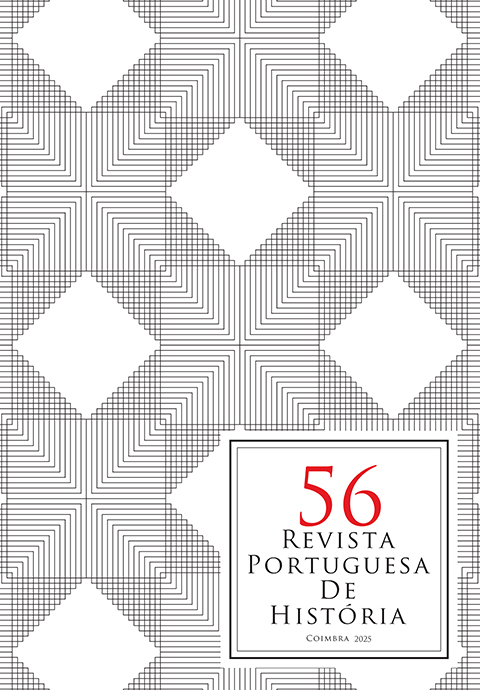Natural resources and properties rights in Portugal over the long term: the case of emphyteusis
DOI:
https://doi.org/10.14195/0870-4147_56_2Keywords:
Portugal, property rights, shared ownership, emphyteusisAbstract
In this text we will discuss the issue of divided property rights in the Early Modern and Modern Era, in particular those embodied in the legal entity of emphyteusis. We have organized this text into four parts: In the first, we trace the evolution of the emphyteusis from a long-term perspective, but focusing more sharply on the Ancien Régime period; In the second entitled "Two domains: direct and useful, we present, in the context of divided property, the rights that emphyteutical contracts conferred on the holders of direct and useful domains; In the third, we address the question of the composition of emphyteutical rent and the methods of collection; Finally, in the fourth we present the problem of the duration of contracts: from perpetual to life terms. From a legal point of view, the emphyteusis was only extinguished by the 1976 Constitution. The time between the liberal revolution (1820) proclaiming private property and its extinction is indicative of its social embeddedness but also of its resistance to change, a phenomenon that can be called "path dependance".
The study of emphyteusis, from a legal history perspective, but above all from an economic and social history perspective, is essential to understanding the norms and practices that regulated access to and enjoyment of natural resources — particularly land and water — by various social groups in the following ways: as a means of subsistence for peasants and artisans, as a source of income for individuals seeking social ascension, as a form of financing for ecclesiastical and aristocratic households, for charitable institutions, hospitals, universities, and other entities, and finally, as a business opportunity for tax farmers.
Downloads
Downloads
Published
Issue
Section
License
Copyright (c) 2025 Revista Portuguesa de História

This work is licensed under a Creative Commons Attribution 4.0 International License.
Authors retain copyright and grant the journal right of first publication with the work simultaneously licensed under a Creative Commons Attribution License that allows sharing the work with recognition of authorship and initial publication in Antropologia Portuguesa journal.











